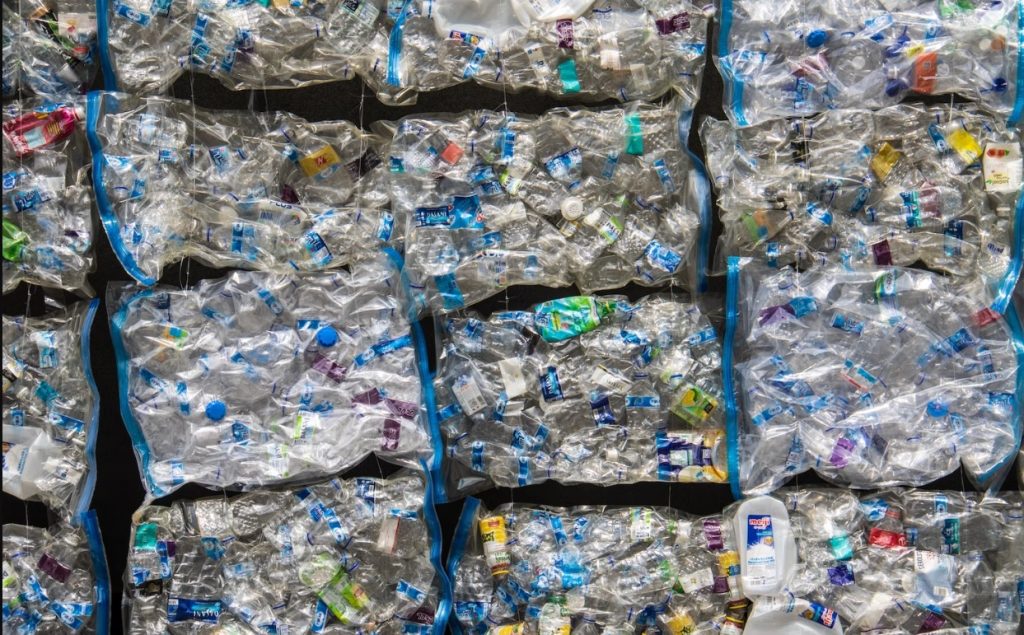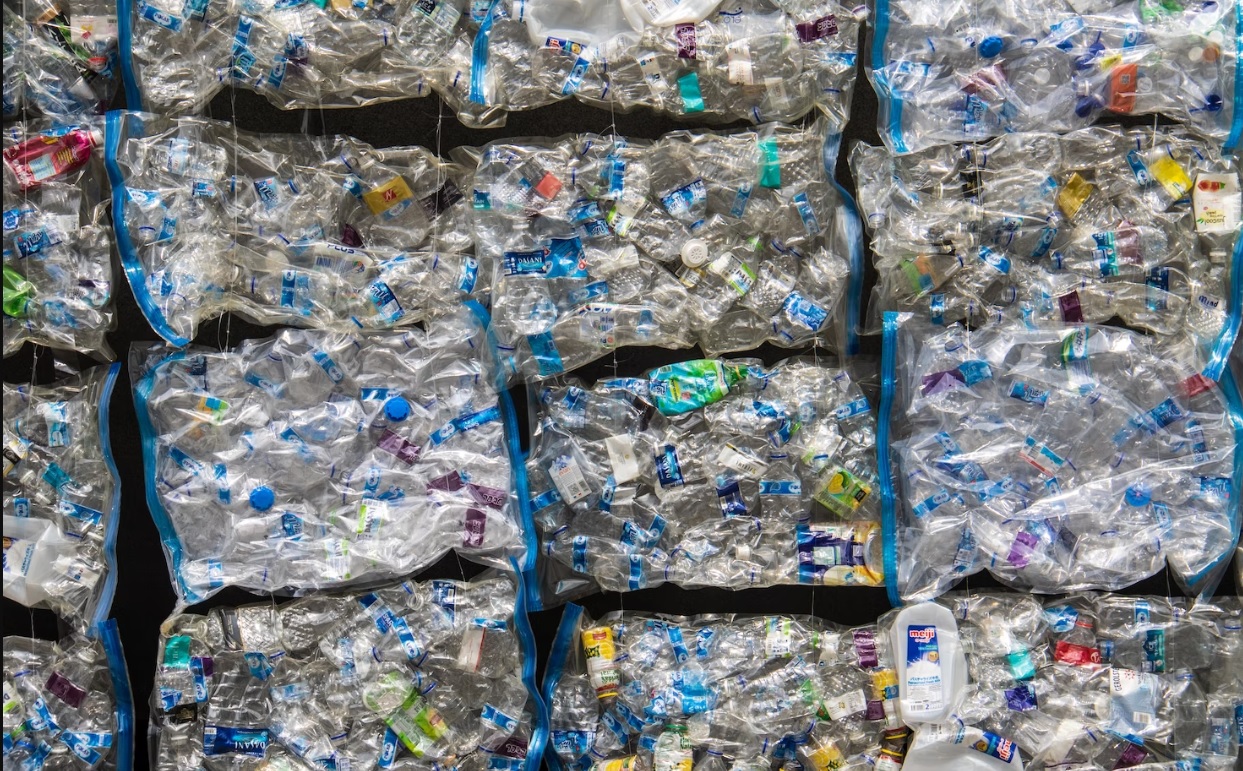
The business world has evolved over the past couple of decades. With increasing competition, businesses need to be more environmentally conscious and efficient than ever. There are several ways that a company can make its operations more sustainable and green. However, the most important one is waste management and recycling.
According to Statista, worldwide municipal solid waste generation is expected to grow by 70% to 3.4 billion metric tons by 2050. In this blog post, we’ll explain why managing your company’s waste is essential, how you can do it without breaking the bank, and what benefits you can expect from doing so. So let’s get started.
Recycling Is Good for the Environment
As per OECD, 22% of plastic waste is mismanaged, and only 9% is recycled globally. Recycling is good for the environment because it reduces the amount of waste that ends up in landfills.
As per Sensoneo’s Global Waste Index 2022, the high recycling rates for plastic waste could be misleading because the rate considers the volume of waste received by recycling plants, but not everything is recycled. Only a fraction of the waste is actually reused, and the rest is incinerated.
Many people think recycling is simply a way to reduce the amount of trash we have to send to landfills and incinerators, but it has a more significant impact than that. By reducing how much raw material you need to produce new products and packaging materials, you can also reduce how much air pollution your business produces.
That’s because recycling facilities are powered by electricity from renewable energy sources like wind turbines or solar panels instead of coal-fired power plants. By producing less waste in the first place, you reduce how much fossil fuel needs to be burned for these facilities to function correctly. And that means less carbon dioxide will also be released into our atmosphere.
You Meet Waste Diversion Targets
As a business owner, you want to meet waste diversion targets. The government sets these, and if your business meets specific criteria, you can receive tax credits or exemptions from paying penalties for non-compliance. Your municipality may also offer other benefits for meeting these targets.
The positive environmental impact of diverting waste from landfills is evident to anyone who’s watched news stories about landfills in the last 50 years, and it’s not just about how much trash you’re keeping out of the ground. When your company recycles materials like plastic bottles into new products or turns food scraps into fertilizer for farmers’ fields, you’re also helping keep those items out of landfills.
You Can Save Money
You can save money on waste management costs by using a service that costs less than disposal. One way to do this is through a good recycling program. Recycling programs keep materials out of landfills and into new products, which means you have to pay for them less often.
Another way you can save money is by not having to pay shipping fees when you send your waste materials off-site for disposal or burning. It means fewer dump trips, saving time and fuel costs.
Some municipalities offer free or subsidized waste management services as part of their official policy. For example, some cities may offer curbside pickup as an incentive for residents who properly sort their trash so it can be recycled more efficiently at the recycling center.
It’s Good for Your Business Image
Your company’s image is essential. It can make or break a business. A good image can help you attract and retain employees, leading to better performance, profits, and a higher stock price.
Waste management and recycling are good for your company because they show you are committed to the environment. As more consumers become aware of climate change and other environmental issues, many businesses have decided that they need to be seen as environmentally friendly if they want to attract customers who care about those things too.
Recycling Saves Energy
Recycling not only reduces the amount of waste you produce, but it can also help save energy. If a piece of paper or plastic is recycled instead of thrown away, less energy has to be used to extract raw materials from the earth and transport them to a processing plant.
In addition, recycling reduces the amount of waste processed at plants before it hits landfills or incinerators. It reduces emissions in two ways: by reducing how much methane is produced by decomposing garbage and by decreasing how much pollution is released when burning biomass.
Some businesses opt to recycle their waste, while others outsource their recycling services through third-party vendors like First Mile waste management & recycling. Either way, all materials are handled properly so they can get back into our environment safely and efficiently.
You Can Get a Tax Credit
You can take advantage of tax credits for recycling. Many businesses qualify for a tax credit, which is money you receive in the form of an additional tax deduction. It means you save money on your taxes by being more environmentally friendly.
You can use the tax credit to offset the recycling equipment cost or other environmental initiatives. It is beneficial if you’re starting and don’t have much capital to spend on new technology. It might be challenging to afford to buy new machines right away, so taking advantage of these incentives will help you get started quickly while still saving money in the long run.
Conclusion
Recycling is a great way to reduce your company’s environmental impact, save money and meet legal requirements. Many other benefits, like improved image and employee morale, can also be gained from recycling at work. As you can see, the long-term rewards outweigh the initial costs associated with waste management and recycling services.




